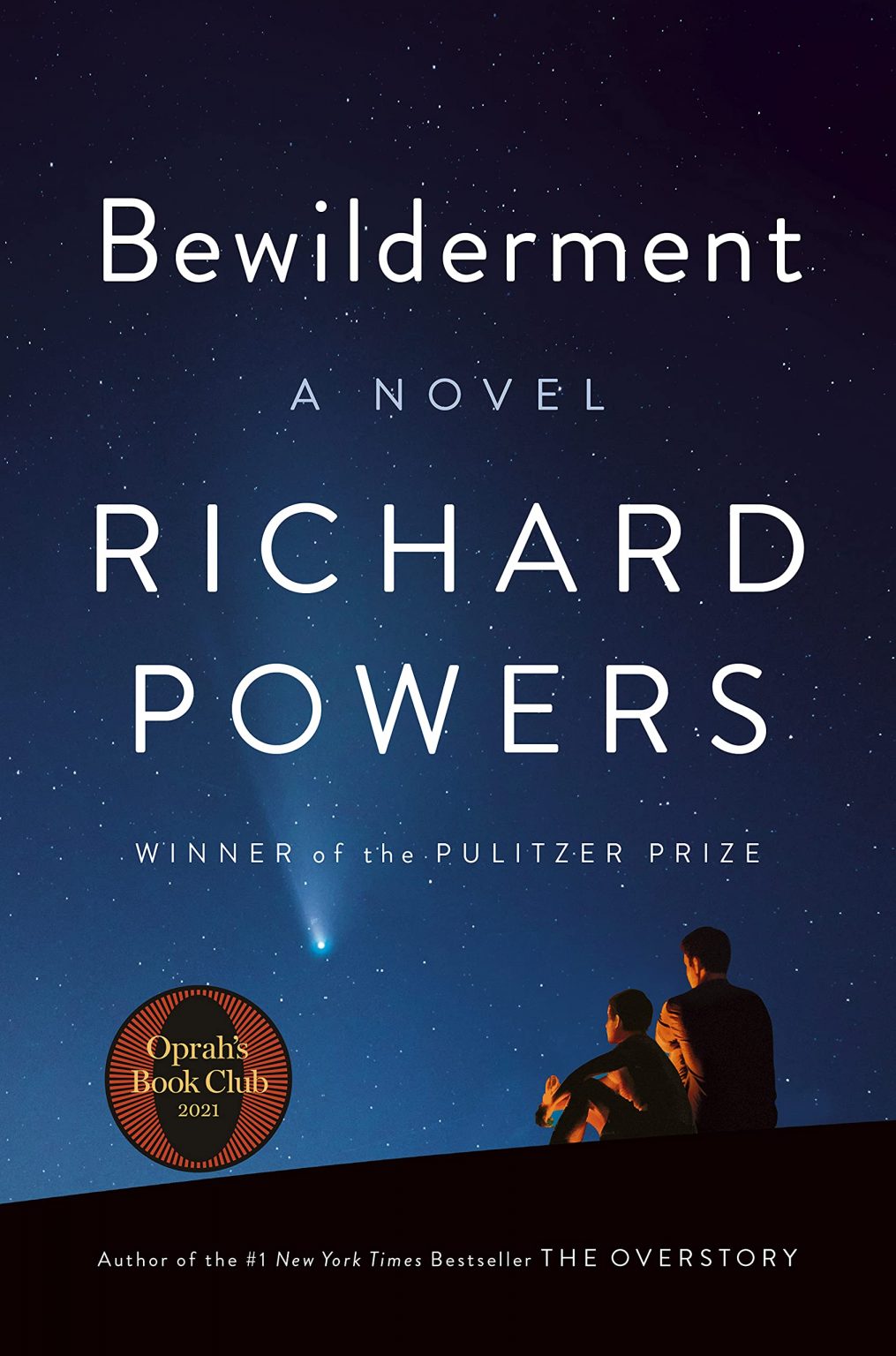“No, I’m asking—why spend so much money protecting these animals?”
“To preserve biodiversity. If we succeed, this model can be applied to many islands around the world.”
“Why preserve biodiversity?”
“Because animals are our friends.”
I didn’t ask further. Everything humans do is ultimately for themselves. The Earth doesn’t need protection. In its 4.6 billion years, it has endured every extreme. Life doesn’t need protection either—it has survived for 3.5 billion years, leaving behind mountains of bones. Extinction has always been the norm, not the exception.
When humans protect the environment, they are really protecting themselves. Our bodies haven’t evolved to withstand polluted air, water, and soil. Our technology isn’t advanced enough to guarantee survival in the face of ecological collapse. We protect biodiversity because we recognize our own ignorance—living fossils tell us more than dead ones, and an intact ecosystem reveals more than a photograph. Diversity is resilience against the unknown.
Human and animal blood is similar, our genes largely the same. The more we understand other creatures, the better our chances of survival. So when the benefits of preserving animals outweigh the benefits of letting them go extinct, why wouldn’t we choose to coexist?
But what gives humans the right to decide which species matter more than others? Profit. Why do we exterminate rats? Because they interfere with our economy. Why do we ruthlessly fight bacteria and viruses? Because they threaten our lives. Why do we keep pets? Because they entertain us. Why do we raise livestock? Because they feed us. Why do we have morality and law? Because they help us live better. Why do we love? Because love gives us the illusion that we are not living purely for human self-interest.
These indigenous people, once colonized by the Western world, have now become colonizers of the animal world. They’ve learned to treat animals through a human-centered lens. Whether it’s rats, cats, or rare species that draw tourists from around the globe, their fate ultimately depends on how useful they are to humans. We cull, sterilize, and introduce species in a calculated manner—and we have learned to cloak our naked self-interest in the language of love.
I read this book with great interest, perhaps because, like the author, I seek to understand animals’ reproduction as a way to observe humanity from an outsider’s perspective. The book blends scientific knowledge with the author’s personal views, some of which I don’t fully agree with.
But certain questions have always intrigued me—such as the human interest behind biodiversity conservation. Who decides which species should be exterminated and which should be saved? Isn’t the life of a whale the same as that of a cockroach? If we claim to protect whales out of respect for life, why do we show no mercy to cockroaches?
I also disagree with the author’s view on the meaning of life. They argue that humans must create meaning, but I don’t believe meaning can be created. Life and death are mere phenomena. They happen, and that’s all. Life has no inherent meaning, and neither does death. Every choice we make between the two is ultimately meaningless—but that doesn’t mean we stop living. I could rationalize my existence as being driven by love or simply as a product of genetic survival. Either way, as long as I have no desire to die, I won’t.
Humans cannot create meaning—but that doesn’t mean a meaningless life should cease to exist.
That’s a discussion for another time.
“不,我是问,为什么要花那么多钱保护这里的动物?”
“为了维护生态多样性,一旦我们成功,这种方式就可以在全世界许多岛屿推广。”
“为什么要维护生态多样性?”
“因为动物是我们的朋友。”
我不好再问下去。人类做的所有努力都是为了人类自己,其实地球不需要被保护,46亿年,什么极端情况都经历过。生物不需要被保护,从35亿年前走到今天,尸骨堆积如山,灭绝相比生存更是一种常态。人类保护环境,其实是为了人类的生存,人的身体没有那么快进化到可以适应污染的空气、水源和土壤,人的技术没有强大到有朝一日我们面对环境巨变时还能泰然处之。人类保护生态多样性是因为人类自知自己无知,活化石比死化石能提供更多信息,现存的生态环境能比照片提供更多信息。多样才能抵抗不可预知的灾难。人类与其他动物的血液相似,基因也高度一致,其他动物提供的信息可以帮助人类生存下去。所以,当保护动物所带来的利益超过了任其灭绝的利益,还有什么理由不握手言和?
那么,人类凭什么决定一种生物比另一种生物更重要?其实也是凭利益大小。为什么对老鼠赶尽杀绝?因为老鼠妨碍我们赚钱。为什么对细菌病毒毫不心慈手软?因为它们引起的疾病,妨碍我们活着。为什么养宠物?因为它们能和我们玩。为什么养家禽牲口?因为它们能让我们吃。为什么有道德和法律?因为有了这些,人类才能活得更好。为什么有爱?因为爱会给你一种错觉,一种我们仿佛不是仅为了人类的利益而活着的错觉。”
“这些土著们之前被西方世界殖民,现在却转身成为动物世界的殖民者。他们最终学会了如何以人类利益为中心的方式对待动物。不管是老鼠、猫,还是那些吸引着世界各地游客的珍稀保护动物们,它们最终的处境如何,完全还是取决于它们对人类能产生多大的利益。人类可以有秩序地扑杀、阉割和引进动物,并学会用爱的名义去包裹太过赤裸的利益。”
我抱着很大的兴趣阅读这本书,大概是因为和作者一样,企图通过了解动物的繁衍,以一种局外人的视角看待人类本身。这本书除了有科普以外也有很多作者的主观看法,看完后很难说作者的每一个观点我都赞同。不过有一些观点倒是我一直有在思考的问题,比如所谓保存生物多样性背后人类的利益;人类如何决断某些动物就该被赶尽杀绝,某些动物就该被保护。鲸鱼的生命和蟑螂的生命不都是生命吗?如果高呼保护鲸鱼是为了鲸鱼本身,是对自然生命的尊重,为什么对于蟑螂人类下手如此毒辣。
作者的部分观点,我不是特别赞同。比如作者讲道生命的意义的时候,提到人应当创造生命的意义。在这一点上,我并不认同。事实上生命的意义是无法被创造的。人的出生和死去都是一种现象。它正好出现了,也就正好发生了。只不过,生没有意义,死同样没有意义。在生死之间做出的任何一个选择也没有任何意义,但不代表人们不去活着。不管我该怎么样去rationalize这个活着的原因,以爱之名也罢,还是任何,我也可以说这一切不过是基因的繁衍需求,但既然我暂时不想去世,那么便不去世。人类无法创造意义,但不代表没有意义的生命就该死去。这些,还是留到下一篇再议吧。



